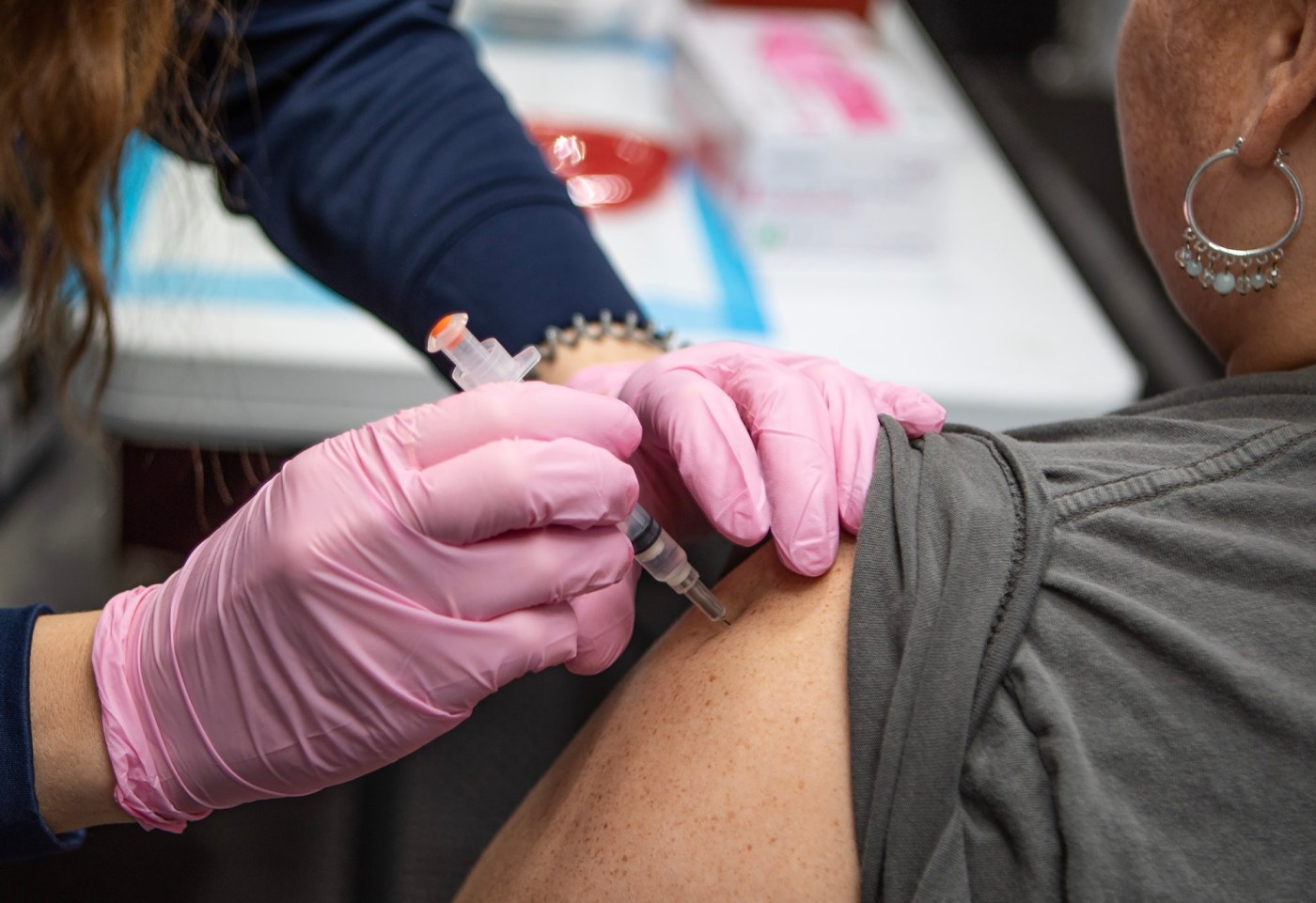Influenza cases are increasing in the Lehigh Valley, prompting health officials to urge vaccinations as a preventive measure. Both St. Luke’s University Health Network and Lehigh Valley Health Network are reporting rising patient numbers with confirmed flu diagnoses. As of now, the Pennsylvania Department of Health has confirmed 1,847 cases statewide, marking an increase of nearly 48% from the previous week.
Growing Concern in Eastern Pennsylvania
The uptick in flu cases is particularly notable in eastern Pennsylvania, including Lehigh, Northampton, and Bucks counties, which have some of the highest rates in the state. According to Dr. Tibisay Villalobos, chief of infectious diseases at Lehigh Valley Health Network, most cases are occurring among children, with several hospitalizations reported. “One of them was a newborn that was very severe, but I think it was very severe because of the age of the patient and that newborn went home OK,” Villalobos stated.
Despite the increase in cases, flu-related hospitalizations have not yet reached a concerning level. Experts anticipate that this season will be moderate, similar to last year, although Dr. Jeffrey Jahre, chief emeritus of infectious diseases at St. Luke’s, noted that it was one of the worst seasons in recent years for the network.
The Importance of Vaccination
Health professionals emphasize the necessity of the flu vaccine for everyone aged 6 months and older, unless there is a medical reason not to receive it. Villalobos explained that while the vaccine may not completely prevent infection, it can significantly reduce the severity of symptoms. “The aim is that it will prevent severe flu that puts a child in the intensive care unit,” she said. Consistent vaccination can lead to stronger immunity, reducing the risk of severe illness among children.
The need for vaccination is critical, as last year witnessed the highest number of pediatric flu-related deaths in a decade, with 280 children succumbing to the virus. “Ninety percent of the children that die from influenza every year are healthy children,” Villalobos remarked, adding that a common factor among them is the lack of vaccination.
As influenza cases rise, concerns about COVID-19 remain prevalent. Jahre highlighted that there is currently a lack of consistency in vaccine guidance from federal authorities, which has contributed to confusion among the public. The Food and Drug Administration has approved the COVID vaccine for individuals over the age of 65 with certain conditions, while the Advisory Committee on Immunization Practices has recommended vaccination for everyone over 6 months after consulting with their healthcare providers.
This mixed messaging could undermine public trust in vaccination efforts, leading to a decline in the uptake of vaccines that could benefit many. “Confusion always leads to mistrust, and both confusion and mistrust eventually lead to less uptake of vaccines for people who would really benefit,” Jahre cautioned.
St. Luke’s is advising patients based on varied guidance from governmental organizations. Pregnant women are categorized as high-risk and should receive the vaccine to protect themselves and their newborns. Additionally, individuals aged 50 to 64 are at a higher risk than younger populations, though lower than those over 65. The COVID-19 vaccine, similar to the flu vaccine, significantly decreases the likelihood of severe illness.
“Anyone who’s over the age of 6 months who wants the COVID vaccine should, unless there’s a specific contraindication, strongly consider getting it,” Jahre concluded, stressing the importance of vaccination in mitigating the impact of both influenza and COVID-19.
